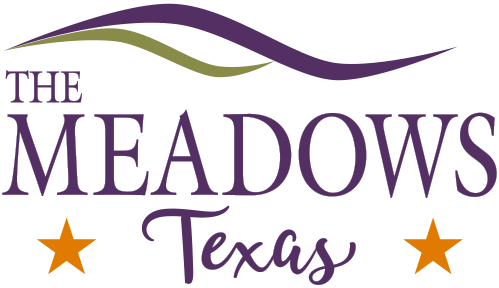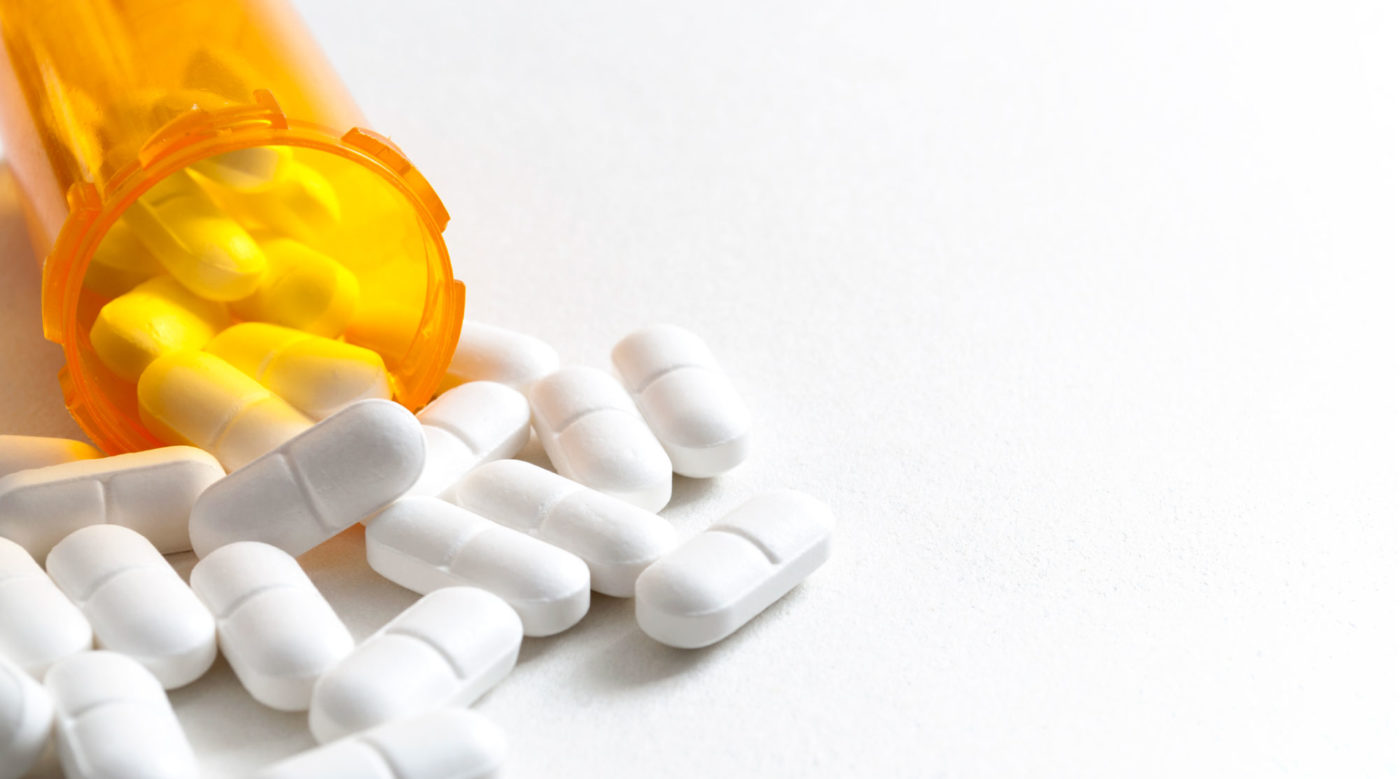The prescription drug problem in the United States has become an epidemic. Around 2.1 million Americans used drugs non-medically for the first time last year, according to the National Survey on Drug Use and Health [1]. The problem is, prescription drug addiction can happen to anyone. It affects people of all ages, genders, and backgrounds. It wrecks lives.
What is Prescription Drug Addiction?
Around 20 percent of the American population has used prescription medication in the past. Many patients are able to come off prescription drugs successfully. Other people, however, are unable to control their use of these drugs. That’s because many of these pills are extremely addictive. Fentanyl, codeine, oxycodone — these are just some of the most addictive prescription drugs out there [3].
Doctors prescribe prescription medication to patients. Some of these patients, however, will experience withdrawal symptoms after their prescription has come to an end. As a result, they will crave more prescription medication and might try to get a repeat prescription or seek out drugs from other sources.
“Many of these drugs continue to be prescribed legitimately, yet continue to end up in the hands of those intent on abusing them,” says DrugAbuse.com [4]. “As would be expected, the resale value of some of these medications can be quite high. The price to society as a whole, however, is also taking its toll, as more and more people find themselves in the ER or hospitals for prescription drug overdoses or worse, deaths.”
How Widespread is the Problem?
Prescription drug addiction affects millions of people in the U.S. Over the last 15 years, significantly more people have visited the emergency room because of prescription medication misuse [5]. Moreover, unintentional overdose deaths from opioid rain relievers have increased four-fold since 1999 [5].”People who take opioid painkillers for too long and in doses too large are more at risk of addiction and more likely to die of drug poisoning,” says the National Safety Council [6]. “The numbers are staggering.”
Solving the Problem
There are two main treatments for people who abuse prescription medication.
“Addiction to prescription opioids can additionally be treated with medications including buprenorphine, methadone, and naltrexone,” says the National Institute on Drug Abuse [7]. “These drugs can counter the effects of opioids on the brain or relieve withdrawal symptoms and cravings.”
As well as medication-assisted treatment, people can seek behavioral treatments for their prescription drug problem. Typically, this includes individual or group therapy. Rehab centers specialize in prescription drug addiction and can help people on the road to recovery.
What Does the Future Hold?
Many people know the dangers associated with “street” drugs like heroin. However, there are still many misconceptions that surround prescription drug use. As a result, more people are campaigning for better prescription drug misuse prevention.
“Part of the reason for the rise in abuse is the increased availability of these medications,” says Live Science [8]. “Between 1991 and 2010, prescriptions for opioid painkillers increased from 75.5 million to 209.5 million, while prescriptions for stimulants increased from 5 million to 45 million, according to the National Institute on Drug Abuse.”
Many doctors are quick to prescribe prescription medication and patients are unaware of the consequences of these drugs. The truth is, some prescription pills are extremely addictive and result in serious health problems and even death.
Sources:
[1] https://www.drugabuse.gov/publications/research-reports/misuse-prescription-drugs/what-scope-prescription-drug-misuse
[3] https://www.healthline.com/health/addiction/addictive-prescription-drugs#opioids
[4] https://drugabuse.com/library/prescription-drug-abuse/
[5] https://www.drugabuse.gov/publications/research-reports/misuse-prescription-drugs/summary
[6] https://www.nsc.org/home-safety/safety-topics/opioids
[7] https://www.drugabuse.gov/publications/research-reports/misuse-prescription-drugs/how-can-prescription-drug-addiction-be-treated
[8] https://www.livescience.com/36486-prescription-drug-abuse-solutions.html

